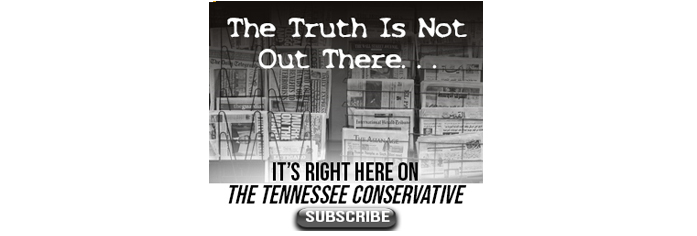Communities Need Contributions From Everyone, Including People With Criminal Records. Pushing Returning Citizens Onto The Sidelines Creates A Hole In The Economy, While Robbing Willing Workers Of The Dignity That Comes With Honest Employment.
Published January 15, 2021
-By Daryl James
The New Year is a time for fresh starts, but California lawmakers will not let seasonal firefighter Fernando Herrera turn the calendar.
Due to crimes that he committed more than a decade ago as a teenager, the state has imposed a permanent ban on full-time employment in his chosen occupation. Herrera can fight wildfires when they occur, but he never can hold an emergency medical technician license – which means he never can take the next step in his career.
The life sentence started when Herrera was just 14. During school detention one day, he assaulted a classmate and was arrested in Marysville north of Sacramento. The incident was not Herrera’s first run-in with the law, so prosecutors came down hard.
They threatened multiple charges, prompting Herrera to plead guilty to two adult felonies. He served his time and paid his debt to society. But California wants more.
In addition to the court-ordered discipline, state law tacks on extra penalties, called “collateral consequences.” These vary across the United States. Some jurisdictions rescind voting rights, revoke jury duty eligibility, block access to government housing or disqualify ex-offenders from receiving student loans.
California limits something even more fundamental: The right to earn an honest living. Rather than help people with records reenter the workforce, the government restricts their access to occupational licenses that are mandatory for 30% of California jobs. Modest reforms passed in 2018 reduce the barriers to many careers, but other occupations remain out of reach.
A single felony conviction, for example, bars a person from EMT certification for 10 years after completion of a criminal sentence. Two felony convictions trigger a lifetime ban, which means Herrera is stuck.
He loves firefighting and has shown his potential in the California Conservation Corps, a state program that provides experience for young adults in fire protection and land maintenance. Among other assignments, he helped battle the 2018 Camp Fire. Unfortunately, no matter how good his skills, no fire department can hire him.
He is not alone. Dario Gurrola, a seasonal wildland firefighter from Alturas near the Oregon state line, is also blocked from career advancement for crimes committed long ago.
While growing up in San Diego, he ran with a tough crowd and received two felony convictions. The first case involved possession of a concealed kitchen knife during a 2003 traffic stop, and the second case involved assault of a security guard in 2005. Other misdemeanors followed while Gurrola was still in his 20s, but he paid his full debt to society and turned his life around.
Rather than give up on their dreams, Herrera and Gurrola have partnered with the nonprofit Institute for Justice and fought back in federal court. Their lawsuit, filed in June and amended in September, seeks to force changes that other jurisdictions already have made.
Ex-offenders in Pennsylvania, for example, scored a double victory in 2020 following an Institute for Justice lawsuit on behalf of two aspiring beauty workers. First, the Commonwealth Court of Pennsylvania struck down arbitrary rules that created different morality standards for cosmetologists and barbers, calling it “absurd” that a criminal record could block an applicant from one occupation but not the other. State lawmakers followed up by repealing morality tests for dozens of other licenses.
Council members in Washington D.C., did not wait for litigation before acting. They have proceeded with new legislation that will stop government boards from withholding licenses based on criminal convictions unless past offenses directly relate to a particular occupation.
A former drug dealer, for example, probably should not work as a pharmacist. But many criminal convictions have no connection to certain jobs. Nothing Herrera and Gurrola did in their youth should prevent them from giving back to society as first responders.
Communities need contributions from everyone, including people with criminal records. Pushing returning citizens onto the sidelines creates a hole in the economy, while robbing willing workers of the dignity that comes with honest employment.
The new year represents an opportunity to learn from the past and move forward. People with criminal records deserve the same opportunity. They did the crime, and they did the time. Now they need a chance at redemption.
About the Author:
Daryl James is a writer at the Institute for Justice in Arlington, Virginia.





